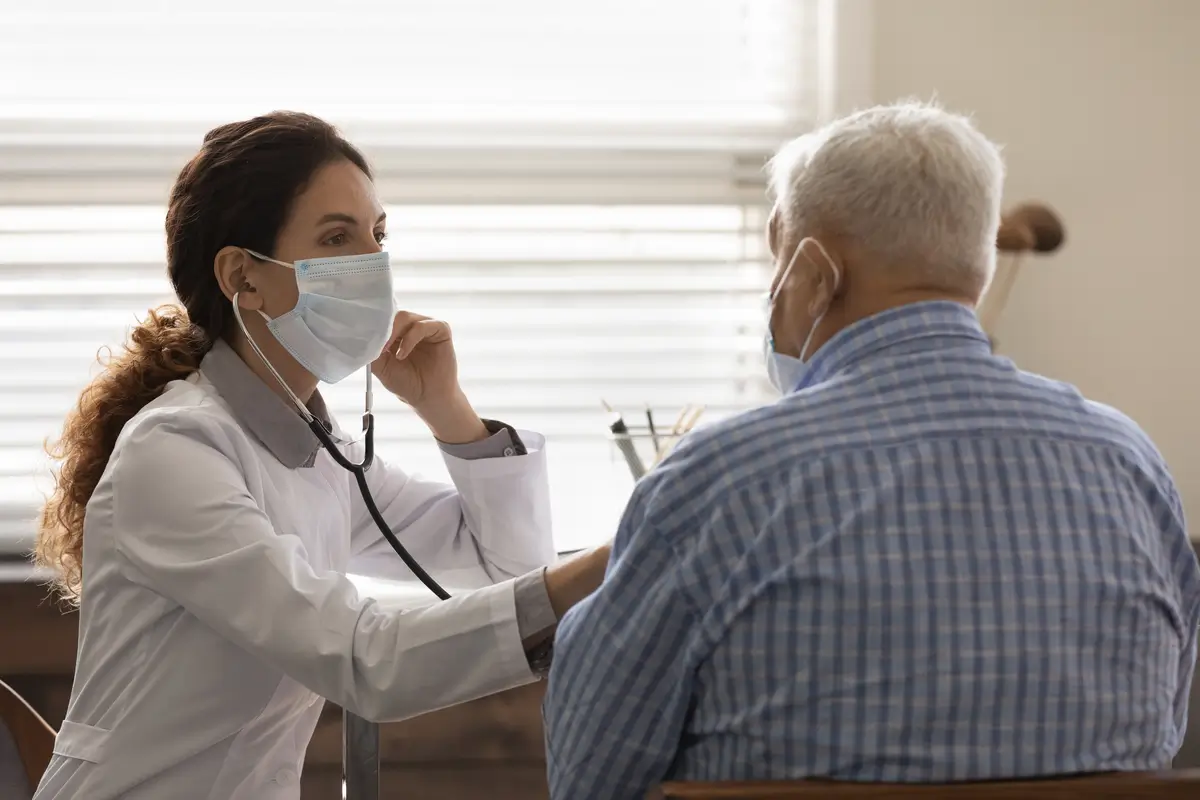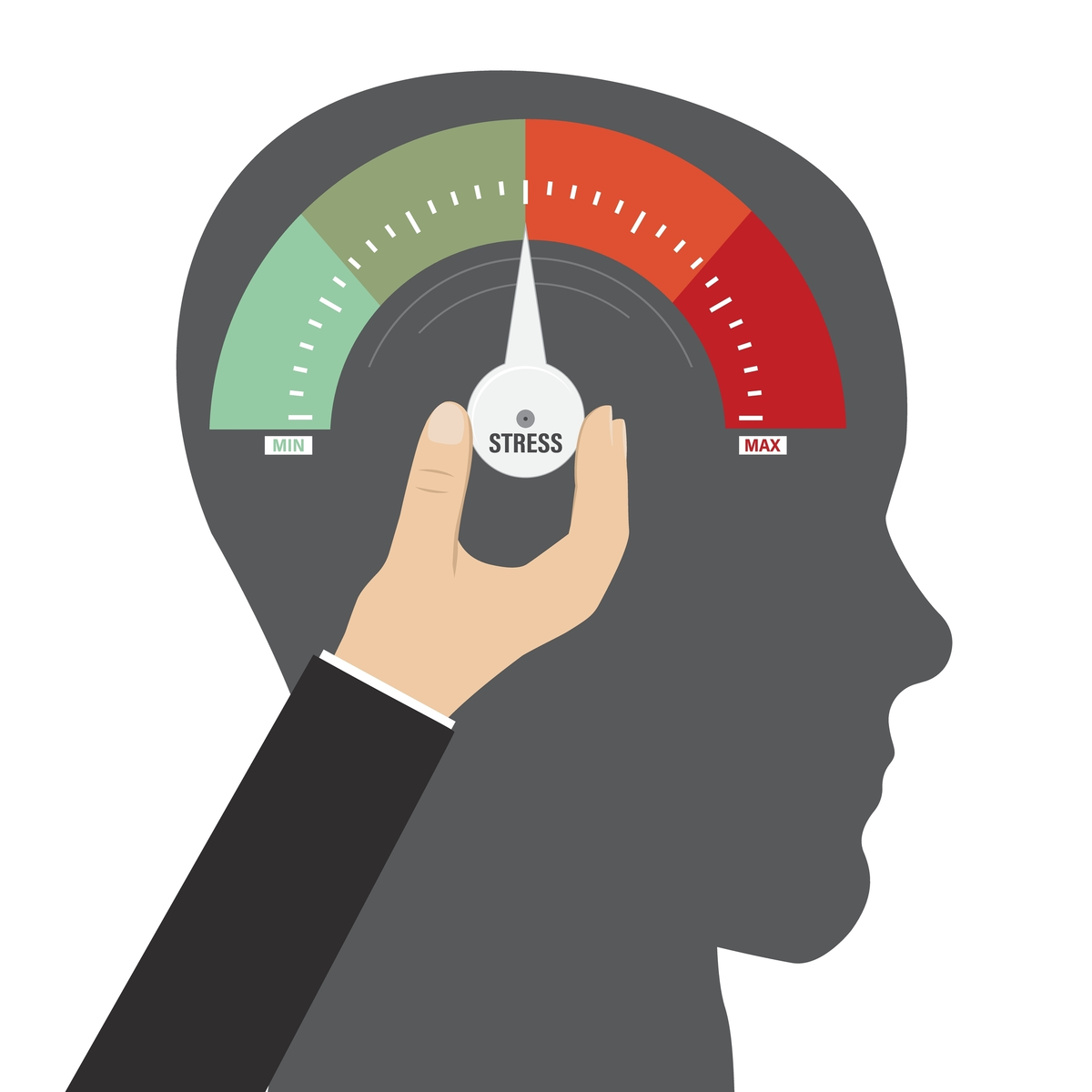3 Things to Expect After a Coronary Artery Bypass Graft (CABG) Surgery
For many individuals battling coronary artery disease, Coronary Artery Bypass Graft (CABG) surgery serves as a crucial lifeline.
However, the effectiveness of coronary artery bypass graft surgery relies heavily on the recovery process. That's why it's essential to have the support of a dedicated caregiver in the weeks following your heart surgery. Their care can make all the difference in ensuring a smooth and successful recovery.
So, what can you expect after CABG surgery? And what steps should you take to facilitate a smooth recovery? Let's explore these important aspects to help you navigate this critical phase of your journey towards better heart health.
1. Physical Recovery and Healing

Initial Hospital Stay: After CABG surgery, you will spend a few days in the hospital, typically in the intensive care unit (ICU) initially, before moving to a regular hospital room a few days after surgery. During this time, your medical team will closely monitor your heart function, manage any pain, and ensure there are no complications such as infections or bleeding.
Pain Management: It's normal to experience pain at the incision sites and in the chest area. Pain management is a crucial part of your recovery. Your healthcare team will provide medications to help make you comfortable. Over time, the pain will gradually subside.
Wound Care: Proper wound care is essential to prevent infections. You will receive instructions on how to keep your incision area clean and dry. Look out for any signs of infection, such as redness, swelling, or discharge, and report them to your doctor immediately.
Activity and Exercise: Gradual activity is vital for your recovery. Initially, simple movements like taking deep breaths, sitting up in bed, standing, getting out of bed and walking around or walking short distances will be encouraged. As you progress, your doctor will recommend a cardiac rehabilitation program that includes supervised exercise and education about heart-healthy living. This program is designed to help you regain strength, improve cardiovascular fitness, and reduce the risk of future heart problems.
Side Effects and Complications: Be aware of common side effects such as constipation, loss of appetite, and difficulty sleeping. Additionally, some patients may experience mood swings or depression, which should be discussed with your cardiologist. It's important to follow your doctor's advice and attend all follow-up appointments to monitor your recovery.
2. Emotional and Psychological Adjustments

Mental Health: The emotional impact of undergoing major bypass surgery can be significant. It's common to feel a range of emotions, including relief, anxiety, or depression. These feelings are normal and often temporary after the surgery takes place. However, if you find that feelings of sadness or anxiety persist, it may be helpful to speak with a mental health professional.
Support System: Having a strong support system right after surgery is crucial during your recovery. Family, friends, and support groups can provide emotional support, encouragement, and practical help with daily tasks. Don't hesitate to reach out for assistance when needed.
Coping Strategies: Developing effective coping strategies can aid in your emotional recovery. Engaging in activities you enjoy, practising relaxation techniques such as deep breathing or meditation, and maintaining a positive outlook during your recovery will continue to contribute to your well-being.
3. Lifestyle Changes for Long-Term Health

Diet and Nutrition: A heart-healthy diet is essential for long-term recovery and reducing the risk of further heart disease. Focus on eating plenty of fruits, vegetables, whole grains, lean proteins, and healthy fats. Limit your intake of saturated fats, salt, and sugars. Your healthcare team may refer you to a dietitian to help you create a personalised eating plan.
Medication Management: After coronary artery bypass surgery, you will likely need to take several medications exactly as prescribed to help manage your heart health, including blood thinners, cholesterol-lowering drugs, and blood pressure medications. It's important to take these medications as prescribed and communicate any side effects or concerns to your doctor.
Avoiding Risk Factors: To ensure long-term success after your surgery, it's important to avoid risk factors that can lead to heart disease. This includes quitting smoking, managing stress, maintaining a healthy weight, and controlling conditions like diabetes and high blood pressure.
Regular Check-Ups: Regular Check-ups with your cardiologist and primary care doctor are crucial. These appointments allow your healthcare team to monitor your progress, adjust medications if necessary, and address any concerns you may have.
Conclusion
Recovery after CABG surgery is a multifaceted process that involves physical healing, emotional adjustment, and lifestyle changes. By understanding what to expect and following your healthcare team's advice, you can achieve a successful recovery and improve your overall heart health. Remember, each person's recovery journey is unique, so be patient with yourself and seek support when needed.
Frequently Asked Questions (FAQ) About Coronary Artery Bypass Surgery
What is coronary artery bypass surgery?
Coronary artery bypass surgery, also known as CABG (Coronary Artery Bypass Graft) surgery, is a procedure used to treat coronary artery disease. During the surgery, a surgeon creates a graft to bypass the blocked coronary arteries in order to improve blood flow to the heart muscle.
How is coronary artery bypass surgery performed?
Coronary artery bypass surgery involves making an incision in the chest to access the heart. A heart-lung bypass machine may be used to temporarily stop the heart while the surgeon attaches the graft to reroute blood around the blocked arteries. The surgery is a type of open-heart surgery.
What are the common symptoms that indicate the need for coronary artery bypass surgery?
Symptoms that may warrant consideration for CABG surgery include persistent chest pain and breathing difficulties.
What is the recovery process like after coronary artery bypass surgery?
After surgery, patients can expect a rehabilitation period that may involve cardiac rehabilitation programs to improve heart health and overall well-being. The care team will advise on recovery after surgery and guide resuming daily activities.
How long does it take to recover from coronary artery bypass surgery?
The recovery period after bypass surgery varies for each individual, but it generally takes several weeks for patients to start feeling better and resume their normal activities.
Is bypass surgery the only treatment for coronary artery disease?
Bypass surgery is one of the treatments for coronary artery disease, but there are other options such as medication, lifestyle changes, and minimally invasive procedures that your healthcare provider may recommend based on your specific condition.
What dietary changes should I make after CABG surgery?
Adopting a heart-healthy diet is crucial. Focus on eating fruits, vegetables, whole grains, lean proteins, and healthy fats. Limit intake of saturated fats, salt, and sugars.
What can I do to prevent future heart problems?
To prevent future major heart issues, avoid risk factors such as smoking, manage stress, maintain a healthy weight, and control conditions like diabetes and high blood pressure.

